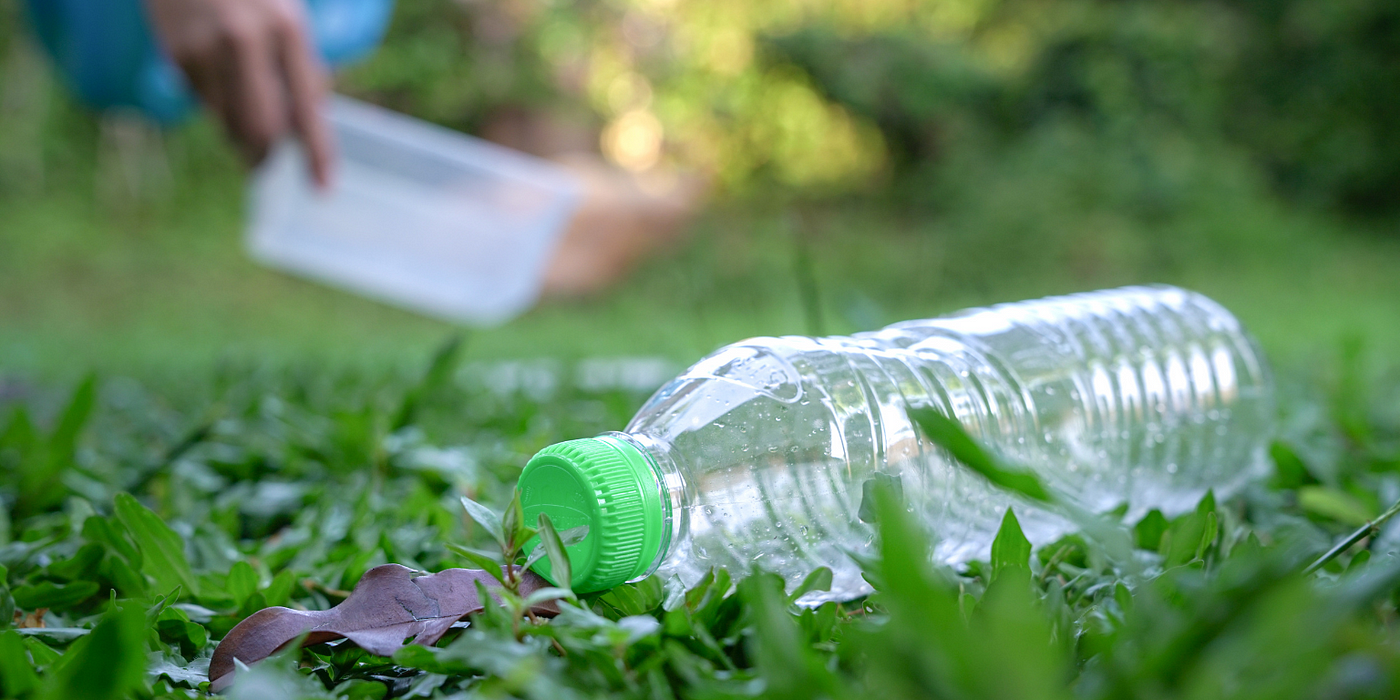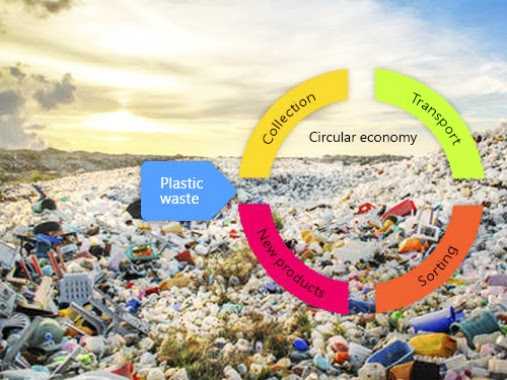
Preparing the Next Generation to Tackle Plastic Pollution and Embrace Sustainable
Plastic pollution has become a global crisis in recent years. It is estimated that around 8 million metric tons of plastic waste enter the ocean each year, causing severe damage to marine life and ecosystems. Additionally, plastic pollution has an adverse impact on human health and contributes to climate change.
The responsibility to tackle plastic pollution and embrace sustainable solutions lies with the next generation. Young people are the key to a more sustainable future, and it is essential to prepare them to address this pressing issue effectively.
Education plays a crucial role in preparing the next generation to tackle plastic pollution. Schools should incorporate environmental education into their curriculum, teaching students about the impacts of plastic pollution and the importance of sustainable practices. This includes educating them about the life cycle of plastic, from production to disposal, and the negative consequences at every stage.
Students should also be educated about alternative materials and sustainable solutions. For example, they can learn about biodegradable materials, such as compostable plastics or natural fibers, that can replace conventional plastics. By understanding the available alternatives, students can make informed choices and actively promote sustainable practices.

In addition to formal education, experiential learning is also crucial in preparing the next generation. Field trips to recycling facilities or waste management plants can give students a firsthand experience of how plastic waste is managed. These experiences can help students understand the importance of waste segregation, recycling, and proper disposal methods. By witnessing the consequences of mismanagement, they can develop a deeper appreciation for sustainable practices.
Furthermore, hands-on projects and initiatives can empower students to take action against plastic pollution. This can include organizing beach clean-ups, participating in recycling programs, or even creating awareness campaigns in their communities. By actively engaging in such initiatives, students can develop problem-solving skills and become change-makers in their communities.
Technology also plays a vital role in preparing the next generation to tackle plastic pollution. Virtual reality and augmented reality can be used as educational tools to raise awareness about plastic pollution and its impacts. Students can be virtually immersed in polluted environments, witnessing the effects of plastic pollution on marine life and ecosystems. Such experiences can create a profound sense of empathy and motivate them to drive change.

Additionally, technology can facilitate the adoption of sustainable practices. For example, mobile applications can be developed to track and reduce plastic consumption. These apps can provide information on sustainable alternatives, assist in waste management, and even reward individuals for their sustainable choices. By integrating technology into the fight against plastic pollution, students can become active participants in creating a more sustainable future.
However, education alone is not enough. Policy changes and regulations are necessary to address plastic pollution at a systemic level. The next generation must be aware of the importance of engaging with policymakers and advocating for policies that promote sustainability. Schools can organize debates and discussions on environmental policies, allowing students to understand the political dynamics involved in solving plastic pollution.
Engaging with industries and businesses is also essential in preparing the next generation. Students should be encouraged to explore career paths that are focused on sustainability and environmental conservation. By understanding the role of businesses in contributing to plastic pollution, students can work towards transforming industries into more sustainable entities. Initiatives like mentorship programs and internships can provide students with valuable exposure to sustainable practices in various sectors.
Finally, it is essential to instill a sense of responsibility and ownership in the next generation. Students should be taught that they have the power to make a difference, and their choices and actions matter. Encouraging a sense of environmental stewardship from an early age can shape their values and behaviors towards a more sustainable lifestyle.
Conclusion:
In conclusion, preparing the next generation to tackle plastic pollution and embrace sustainable solutions is crucial for a more sustainable future. Education, experiential learning, technology, policy engagement, industry involvement, and fostering a sense of responsibility are all essential in this process. By equipping young people with the knowledge, skills, and motivation to address plastic pollution, we can create a generation that actively contributes to a cleaner and more sustainable planet.
All Categories
- Agricultural Methods
- Agriculture and Women Small Farmers Rights Awareness
- Climate Change
- Disable and Human Rights
- Disable Jobs
- Donation
- Education
- Health Issues
- Organic Foods
- Organic Vegetables
- Orphans Children
- Plastic production and disposal
- Services
- Sinking in Scarcity
- Success Stories
- Uncategorized
- Waste Management
- Women Rights
- Youth Empowerment




